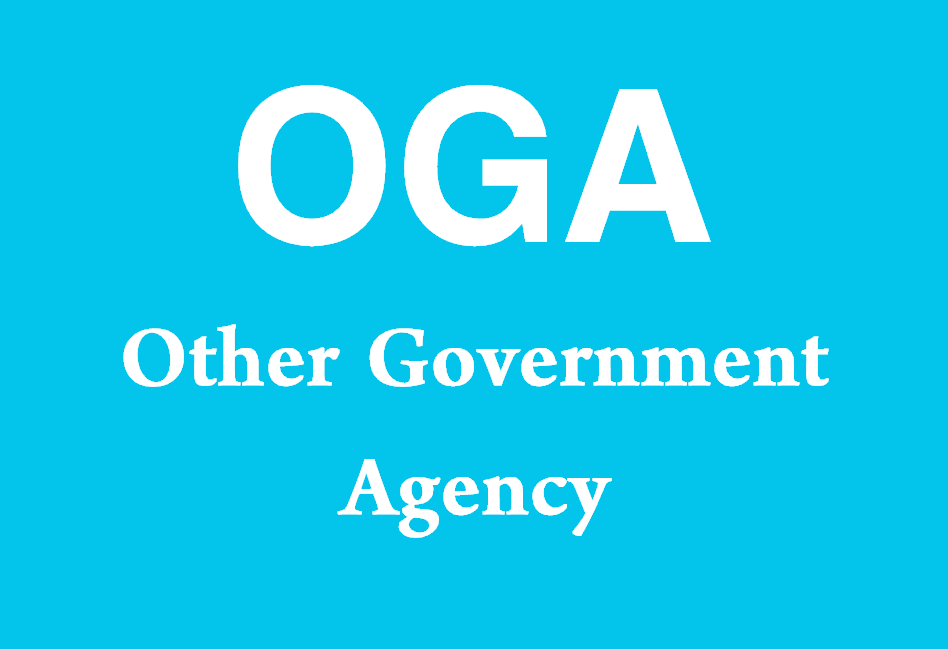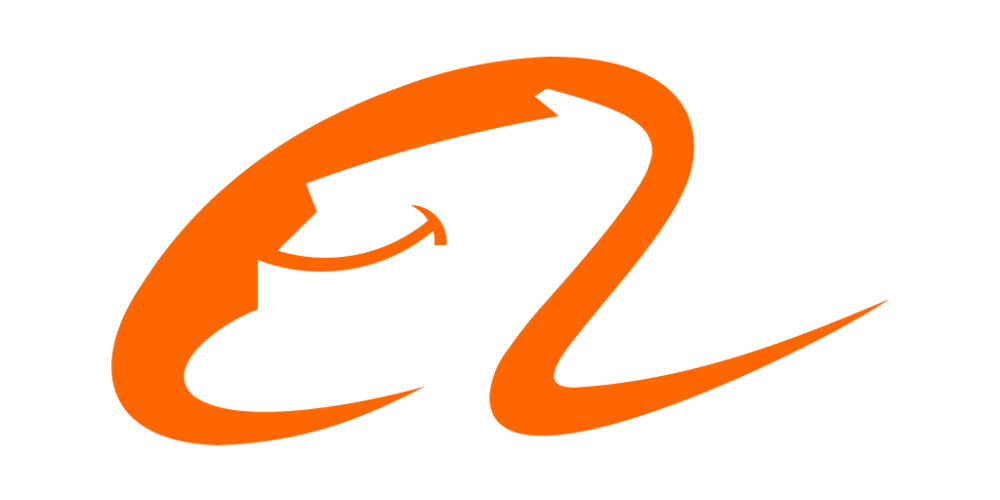In today’s globalized economy, platforms like Alibaba, Global Sources, and Made-in-China.com have become key resources for businesses seeking to source products from suppliers around the world, especially China. These platforms offer a wide range of products, from raw materials to finished goods, at competitive prices. However, with the ease of access to a vast network of suppliers comes the risk of dealing with unreliable or fraudulent suppliers. It is crucial for businesses to take proper precautions when sourcing through these platforms to ensure the quality of products, the reliability of suppliers, and the safety of financial transactions.
Choosing the Right Sourcing Platform
There are numerous online platforms available for sourcing from China, each offering a variety of tools and services to connect buyers with suppliers. Alibaba is one of the most widely used platforms, but businesses must also consider other platforms to ensure they are sourcing from the right supplier.
Evaluating Sourcing Platforms
When choosing a sourcing platform, consider the following factors:
Supplier Selection Process
- Verification Process: Some platforms, such as Alibaba, have a supplier verification process that helps buyers distinguish between trusted suppliers and those who may be unqualified or untrustworthy. Always look for verified suppliers or those with high ratings and reviews.
- Platform Reputation: Research the reputation of the sourcing platform. For instance, Alibaba has built a reputation over many years and has processes in place to help buyers evaluate suppliers. However, newer platforms may have less oversight, and it’s crucial to carefully vet suppliers found through these channels.
- Product Variety and Quality Control: Different platforms specialize in different types of goods. Alibaba, for instance, offers a vast range of products across many categories, while Global Sources and Made-in-China.com might focus more on specific industries, such as electronics or textiles. Check if the platform provides features to ensure product quality control.
Comparing Platform Features and Services
- Alibaba Trade Assurance: Alibaba offers a service called Trade Assurance, which acts as a safeguard for buyers. If the supplier fails to deliver on time or meet the product requirements specified in the contract, Alibaba provides protection and the ability to request a refund. This service reduces the risk of financial loss in case of supplier default.
- Payment Protection: Platforms may offer payment protection services to mitigate fraud risk. Platforms like Alibaba offer secure payment methods, such as escrow services, which hold payments until the goods are received in the correct condition, providing an extra layer of protection for buyers.
Supplier Verification and Risk Management
One of the key aspects of sourcing safely on Alibaba and other platforms is ensuring that the suppliers you work with are legitimate, reliable, and capable of meeting your standards. To avoid scams, fraud, or quality issues, businesses must adopt a thorough supplier verification process.
Verifying Supplier Legitimacy
A proper verification process helps identify trustworthy suppliers and prevents businesses from dealing with fraudulent or unreliable entities.
Supplier Business License and Registration
- Request Legal Documentation: Ask the supplier to provide proof of their business license, tax registration, and any other relevant documentation that confirms their legal standing. Verify that the business is registered in China and that it is permitted to operate within the industry or sector in which they claim to work.
- Cross-check Company Details: Cross-reference the supplier’s business details with public records to ensure that the company’s registration number, name, and address match those on the platform. If the platform offers supplier profile links to government databases, take advantage of these resources to confirm legitimacy.
Factory Visits and Third-Party Verification
- Factory Audits: If possible, arrange a factory visit or hire third-party inspection services to perform an audit. Visiting the supplier’s facility allows you to assess their manufacturing capacity, quality control processes, and overall operational standards.
- Third-Party Certifications: Some suppliers may hold certifications such as ISO 9001 (quality management), ISO 14001 (environmental management), or OHSAS 18001 (health and safety). These certifications can provide reassurance about the supplier’s commitment to quality and standards.
Assessing Supplier Reputation
- Supplier Reviews and Ratings: Check the supplier’s ratings and reviews on the platform. Feedback from previous customers can provide valuable insight into their reliability, product quality, and overall service.
- Request References: Ask the supplier for references from other customers who have ordered similar products. Contact these references to get direct feedback about their experience with the supplier.
- Check for Red Flags: Be cautious of suppliers who are unwilling to provide references, avoid sharing company details, or seem overly eager to secure a deal. These could be signs of a potential scam or a supplier that may not be able to meet your expectations.
Product Quality and Compliance Assurance
Ensuring product quality is crucial when sourcing from platforms like Alibaba. By establishing clear quality standards, conducting inspections, and verifying compliance with regulations, businesses can avoid costly mistakes and product recalls.
Setting Clear Product Specifications
Before engaging with any supplier, establish detailed product specifications that include the required materials, dimensions, functionality, packaging, and compliance requirements. Clear product specifications help ensure that the supplier understands your expectations and that the final product meets your standards.
Creating a Product Quality Agreement
- Define Quality Standards: The product quality agreement should clearly outline the acceptable quality criteria for the products, including durability, functionality, appearance, and certifications.
- Inspection Protocols: Specify the procedures for quality inspections, including frequency, scope, and acceptable tolerance levels for defects.
- Testing and Compliance Requirements: Specify any necessary tests the products must undergo, such as safety certifications, performance tests, or environmental compliance. Ensure that the supplier provides proof of compliance with any relevant international standards (e.g., CE for European markets, UL for North American markets).
Third-Party Inspection and Testing
To avoid quality issues, businesses should consider using third-party inspection and testing services, which provide independent verification of product quality before shipment.
- Pre-Shipment Inspections: Arrange for third-party inspectors to visit the supplier’s facility and inspect the goods before they are shipped. The inspectors will check for defects, confirm compliance with your specifications, and ensure that the correct quantity is produced.
- Sample Testing: Ask the supplier to send samples of the product before placing a bulk order. Test these samples thoroughly to ensure they meet your quality standards. This step helps avoid larger issues when the full order is delivered.
Managing Intellectual Property (IP) Risks
Sourcing from China can expose businesses to significant intellectual property (IP) risks, including counterfeiting and unauthorized replication of designs or trademarks. Protecting your IP is essential to safeguard your brand and products.
IP Protection on Sourcing Platforms
- Trademark Registration: Before sourcing from China, register your trademark in China to protect it under Chinese law. This will help prevent suppliers from using your brand or logo without permission.
- Non-Disclosure Agreements (NDAs): Before sharing any proprietary information with suppliers, ensure they sign a non-disclosure agreement (NDA) to protect your intellectual property.
- Patents and Design Protection: If you have unique designs or technologies, consider registering patents in China to safeguard your innovations. Chinese patent law offers protection to foreign companies, but registration is essential for enforcement.
Dealing with IP Infringement
- Monitoring the Market: Regularly monitor online marketplaces like Alibaba, Taobao, and others for counterfeit products. If counterfeit goods are found, you can file complaints with the platform and request that the listings be removed.
- Legal Action and Enforcement: If your intellectual property is violated, pursue legal action in China. Engaging a local lawyer with expertise in IP law can help you navigate the process of protecting your rights and taking action against infringing suppliers.
Safeguarding Financial Transactions
Financial transactions are one of the most critical aspects of sourcing from platforms like Alibaba, as there are risks associated with fraud and payment disputes. Securing safe payment methods is essential to protect your business from financial loss.
Secure Payment Methods
- Escrow Payments: Platforms like Alibaba offer Trade Assurance, which acts as an escrow service. Under Trade Assurance, the payment is held by the platform until the goods are shipped and meet the agreed-upon conditions. This reduces the risk of fraud and protects the buyer’s investment.
- Bank Wire Transfers: Bank wire transfers are a common payment method for international transactions. However, they can be risky as they may not provide the same level of buyer protection as escrow services. If you opt for wire transfers, ensure that you are dealing with a reputable supplier.
- Letters of Credit: A letter of credit (LC) is a secure payment method often used in international trade. It involves a bank guaranteeing payment to the supplier once specific conditions are met. While LCs can be more costly and complex, they offer higher security for large transactions.
Avoiding Payment Scams
- Avoid Full Upfront Payments: Never agree to pay the full amount upfront without securing any buyer protections. Request a partial deposit or use an escrow service to mitigate the risk of losing money on fraudulent suppliers.
- Verify Payment Details: Be wary of suppliers who ask for unusual payment methods or whose bank account details seem inconsistent with their business. Always double-check the payment details and confirm the authenticity of the supplier before making payments.
Managing Currency Risks
Currency fluctuations between the U.S. dollar (USD) and Chinese yuan (CNY) can significantly impact the total cost of importing goods. To mitigate the risk of unfavorable exchange rate changes:
- Currency Hedging: Consider using currency hedging tools, such as forward contracts, to lock in exchange rates for future transactions. This can help protect against adverse fluctuations.
- Negotiate Pricing in USD: Whenever possible, negotiate with your suppliers to have the contract price set in USD rather than CNY. This can help reduce the risk of fluctuating exchange rates and provide more cost predictability.
Building Strong Relationships with Suppliers
Maintaining a positive relationship with your suppliers is crucial to ensuring that sourcing operations run smoothly and efficiently. A strong supplier relationship helps mitigate risks, improve communication, and resolve any issues that may arise.
Communicating Clearly and Regularly
- Clear Expectations: Set clear expectations with suppliers regarding product quality, lead times, and pricing. Ensure that all terms are outlined in writing to avoid misunderstandings.
- Regular Updates: Maintain open lines of communication with suppliers throughout the sourcing process. Regular updates on production progress, delivery schedules, and any issues that arise will help you stay on top of potential problems.
Developing Long-Term Partnerships
Building long-term relationships with reliable suppliers can help foster trust and ensure better terms over time. By establishing a mutually beneficial partnership, businesses may receive priority in production schedules, better pricing, and more flexible payment terms.
Resolving Disputes Professionally
In the event of a dispute, approach the situation professionally and calmly. If an issue arises related to product quality or delivery, work with the supplier to resolve the matter through negotiation or by following the terms outlined in the contract. If necessary, seek assistance from a third-party mediator or legal advisor.






